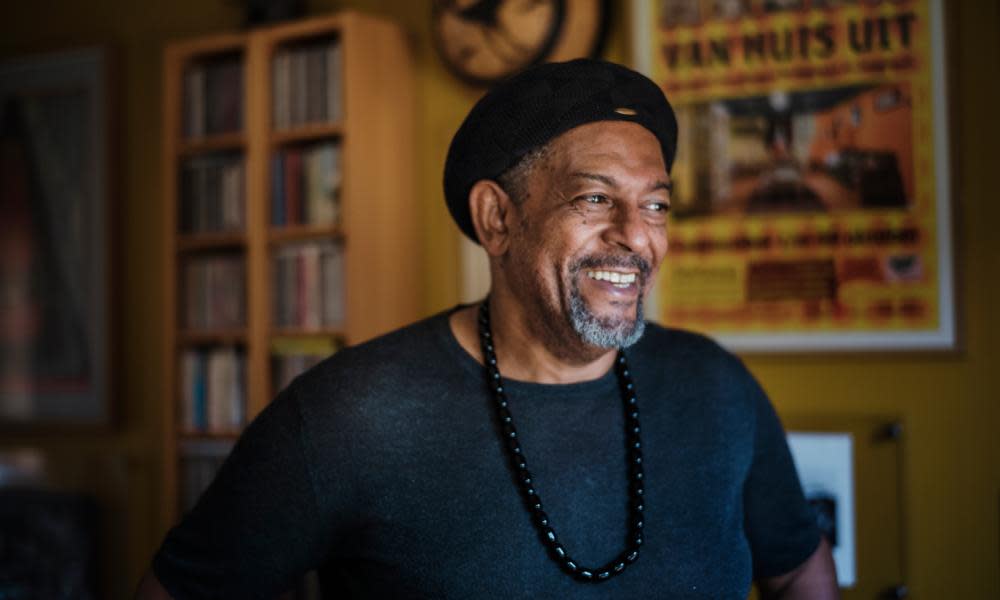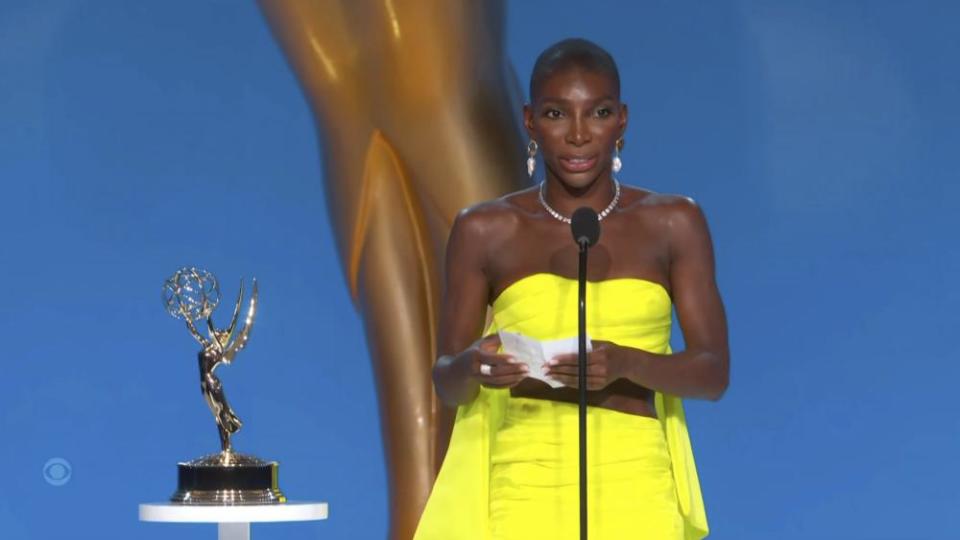Black UK artists are creating most ‘exciting’ work, says Michael McMillan

Black artists in the UK are producing the most “exciting” and “socially engaged” work at the moment, a leading British playwright and curator said.
Michael McMillan, a London-based artist and academic who was behind the successful The West Indian Front Room, also believes the Black Lives Matter movement has inspired a new generation of black artists to work in innovative ways and produce cutting-edge work.
McMillan did, however, warn that the current time of crisis was a double-edged sword for black creators, with the pandemic forcing many into poverty that could exclude them from creating art. But he said he remained optimistic.
“I have a lot of hope. There will be exciting work. I think that black literature is the most exciting literature at the moment,” he said, before quickly correcting himself: “Is the most exciting literature, period.”
He added: “I think black artists are producing some of the most exciting, relevant and socially engaged work at the moment. And there will be new, exciting work that will come.”
He points to the playwright and director debbie tucker green, who brings “poetry to her work through the economy of language”, Sir Steve McQueen, described as the “greatest film-maker in Britain at the moment”, and Michaela Coel, who brings “empathy, power and laughter” to her work.

Speaking before the launch of an anthology, Sonic vibrations: Sound system culture, lovers rock, and dub, at the Museum of the Home, McMillan added that the Black Lives Matter movement had pushed a lot of black activists and artists to take up space in historically white institutions.
“We’re not no longer asking any more. We’re demanding it and that’s important because you have corporations, institutions, who do symbolic things – they’re going to employ more people of colour, they’re going to be more diverse, they’re going to try to be more inclusive – some of that’s genuine, some of that merely symbolic. A difference that makes no differences, as Stuart Hall always says, and that’s why we have to push,” he said.
The anthology, which was published by Writers Mosaic, an initiative that is part of the Royal Literary Fund, features work from sound system practitioners, writers, poets, performers, and visual artists.
He said he believed it was vital to retrace the roots of past cultural moments, such as sound system culture, and celebrate the role it has played in laying the foundation for a rich black British culture. “Across the UK, there were apparently 500 sound systems at one point and they provide a multiracial, alternative space where white and black [people] could just rave and dance. On the street, it was quite a brutally racist time. But in the dance space, there was a lot more equity, and that’s quite significant.”
Sound System is the basis of reggae music, it is the basis of dub, garage, drum’n’bass, grime, and drill.”
The anthology comes 16 years after McMillan first exhibited The West Indian Front Room To Life. More than 35,000 people visited the exhibition in east London between 2005 and 2006. The exhibition, now simply known as The Front Room, was widely praised for showcasing the multicultural reality of British society. Last year, the Museum of the Home decided to make it a permanent exhibition.
But multiculturalism has been under sustained attack in the UK, McMillan said. “We have the government and institutions who are pushing back. The Tony Sewell report symbolises the pushback against that reality.” This attack is not new, McMillan added. “It was under attack by David Cameron because he said it was an experiment that went wrong. It was never an experiment. It’s just a reality.
“We’re part of the English language landscape, whether we like it or not. Our labour built those country estates.”
He criticised the tendency to look to the US for a narrative about black struggle and history. “There’s been a black presence in the UK since the Romans. There were 20,000 black people in London during the 18th century. There are millions of white people in this country who have black ancestors. So to talk about Windrush as that moment when we all arrive, no, it’s just the next stage. I’m very adamant about that.
“Black history is not something separate to history, we are all connected to history in British history. You cannot talk about British history, unless you talk about colonialism and imperialism. And in that you cannot talk about that unless you talk about Africa, the Caribbean, and Asia.”


